Full Service LOAN Experience
FHA Loans: Affordable Homeownership Made Easy
Experience the freedom of homeownership with FHA loans, backed by the Federal Housing Administration. Enjoy lower down payments, flexible qualification criteria, and reduced lender risk, making it easier to secure your dream home. Whether you're a first-time buyer or rebuilding credit, our FHA Loan Qualifier puts affordable homeownership within reach.
FHA LOANS
LOW MONEY DOWN!
Thinking about making your homeownership dreams come true? An FHA loan might be just what you need! An FHA loan is a mortgage insured by the Federal Housing Administration (FHA), which means the federal government helps reduce the risk for lenders. This makes it easier for more people to qualify for a home loan, even with a lower down payment or less-than-perfect credit.
Why might you choose an FHA loan? It's a fantastic option if you're a first-time homebuyer, have a lower credit score, or have limited funds for a down payment. FHA loans are designed to make homeownership accessible and affordable.
Who can benefit from an FHA loan?
- First-time homebuyers looking for easier qualification
- Homebuyers with lower credit scores
- Homebuyers with a smaller down payment saved up
Whether you're buying your first home or your next one, we'll help you find the right loan for you. Let's make your homeownership dreams a reality!
FHA LOANS
Benefits And Requirements
FHA HOME LOANS BENEFITS AND REQUIREMENTS
An FHA home loan, backed by the government and facilitated by approved lenders, provides financial flexibility for homebuyers, offering advantages like a minimal down payment and other perks. Administered by the Federal Housing Administration (FHA), under the U.S. Department of Housing and Urban Development (HUD), this program is particularly beneficial for first-time buyers. With an FHA loan, you can include a non-occupant, such as a parent or relative, as a co-applicant. Additionally, you can secure your home with a down payment as low as 3.5% of the purchase price.
BENEFITS OF AN FHA HOME LOAN
- Low Down Payment: You can purchase a home with a down payment as low as 3.5% of the purchase price, making homeownership more accessible, especially for first-time buyers.
- Flexible Credit Requirements: FHA loans typically have more lenient credit score requirements compared to conventional loans, allowing individuals with less-than-perfect credit to qualify.
- Co-Borrower Flexibility: FHA loans allow non-occupant co-borrowers, such as family members, to be included on the loan application. This can be helpful for individuals who need assistance qualifying for a mortgage.
- Assumable Loans: FHA loans are assumable, meaning that if you sell your home, the buyer can take over your existing FHA loan, potentially making your home more attractive to buyers.
- Competitive Interest Rates: FHA loans often offer competitive interest rates, making them an affordable option for many borrowers.
- Fixed-Rate and Adjustable-Rate Options: FHA loans are available with both fixed-rate and adjustable-rate options, allowing borrowers to choose the loan type that best fits their financial situation.
- Streamlined Refinancing: FHA offers a streamlined refinancing option, known as an FHA Streamline Refinance, which allows borrowers to refinance their existing FHA loan with minimal documentation and underwriting requirements, potentially lowering their monthly mortgage payments.
DOCUMENTATION NEEDED TO GET YOUR LOAN APPROVED
- Proof of Income: This includes recent pay stubs, W-2 forms, and tax returns for the past two years. If you're self-employed, you may need to provide additional documentation such as profit and loss statements or 1099 forms.
- Proof of Employment: Lenders may require verification of your employment status, including contact information for your employer and possibly recent bank statements showing regular income deposits.
- Credit History: You'll need to authorize the lender to pull your credit report to assess your credit history and score. While FHA loans generally have more flexible credit requirements, a decent credit history is still necessary.
- Asset Documentation: This includes bank statements and investment account statements to verify your assets and ensure you have enough funds for the down payment, closing costs, and reserves.
- Identification: You'll need to provide a valid form of identification, such as a driver's license or passport, to verify your identity.
- Property Documentation: Once you've chosen a property, you'll need to provide documentation related to the property, such as the purchase contract and any applicable appraisals or inspections.
- Additional Documentation: Depending on your specific financial situation and the lender's requirements, you may need to provide additional documentation, such as divorce decrees, child support documentation, or explanations for any derogatory credit events.
REQUIREMENTS FOR AN FHA HOME LOAN
Eligible Borrowers
- Minimum Credit Score: While FHA loans are known for accommodating lower credit scores compared to conventional loans, there is still a minimum threshold. Typically, a credit score of 580 or higher is required to qualify for the low down payment option (3.5%). Borrowers with credit scores between 500 and 579 may still qualify, but they will need to make a larger down payment, typically around 10%.
- Stable Income and Employment: Lenders will assess your employment history and income stability to ensure you have the financial means to repay the loan. Generally, you'll need to have a steady employment history and sufficient income to cover your mortgage payments, taxes, insurance, and other debts.
- Debt-to-Income Ratio: Your debt-to-income (DTI) ratio, which compares your monthly debt payments to your gross monthly income, is another crucial factor.
- Down Payment: FHA loans require a down payment, but it's generally lower than conventional loans. The minimum down payment is 3.5% of the purchase price. This down payment can come from your savings, a gift from a family member, or a grant from a government or nonprofit organization.
Eligible Properties
- Primary Residence: FHA loans are intended for primary residences, meaning you must live in the property as your primary residence for at least one year after purchase.
- Property Eligibility: The property you intend to purchase must meet certain eligibility requirements set by the FHA. This includes being in a safe and habitable condition, meeting minimum property standards outlined in the FHA handbook, and complying with local zoning laws and regulations.
- Appraisal: The property will need to be appraised by an FHA-approved appraiser to determine its value and ensure it meets FHA guidelines. The appraisal helps ensure that the property is safe, sound, and structurally sound.
- Condominiums: If you're purchasing a condominium with an FHA loan, the condominium complex must be on the FHA-approved condominium list. This list ensures that the condominium project meets FHA standards for financial stability, occupancy, and maintenance.
FHA HOME LOANS: BENEFICIAL FOR RENOVATION PROJECTS
FHA home loans offer a valuable solution for purchasing fixer-uppers. Alongside low upfront costs, the FHA provides the 203(k) home loan program, enabling buyers to finance qualifying improvements or repairs. This program comes in two forms:
Limited: Allows financing of up to $35,000 for home renovations, with specific repair types eligible.
Standard: Offers financing for a minimum of $5,000 with no maximum limit, requiring all repairs to be supported by property appraisal. The Standard version permits more extensive structural repairs.
For further inquiries about FHA cash-out refinance loans or other refinancing options, connect with your licensed CrossCountry Mortgage loan officer today.
FHA LOANS
PROS AND CONS
Pros:
- Low Down Payment: FHA loans typically require a lower down payment compared to conventional loans. The minimum down payment can be as low as 3.5% of the purchase price, making homeownership more accessible for borrowers with limited savings.
- Flexible Credit Requirements: FHA loans are more lenient regarding credit score requirements compared to conventional loans. Borrowers with credit scores as low as 500 may qualify for an FHA loan with a 10% down payment, while those with scores of 580 or higher can qualify with a 3.5% down payment.
- Co-Borrower Flexibility: FHA loans allow non-occupant co-borrowers, such as family members, to be included on the loan application. This can help borrowers who need additional income or credit support to qualify for a mortgage.
- Assumable Loans: FHA loans are assumable, meaning that if you sell your home, the buyer can take over your existing FHA loan. This feature can make your home more attractive to potential buyers, especially if interest rates have risen since you obtained the loan.
- Streamlined Refinancing: FHA offers a streamlined refinancing option, known as an FHA Streamline Refinance, which allows borrowers to refinance their existing FHA loan with minimal documentation and underwriting requirements. This can help borrowers lower their monthly mortgage payments or shorten the loan term.
Cons:
- Mortgage Insurance Premiums (MIP): FHA loans require both an upfront mortgage insurance premium (UFMIP) and an annual mortgage insurance premium (MIP). The MIP is typically higher than private mortgage insurance (PMI) for conventional loans and can increase the borrower's monthly housing expenses.
- Property Requirements: FHA loans have strict property requirements, and the property must meet certain standards set by the FHA. This can limit the types of properties that are eligible for FHA financing, especially fixer-uppers or properties in need of significant repairs.
- Loan Limits: FHA loan limits vary by location and are determined by the county's median home price. Borrowers looking to purchase a higher-priced home may find that FHA loan limits restrict their financing options.
- Limited Jumbo Loan Availability: FHA loans have maximum loan limits, which may be insufficient for borrowers seeking financing for high-priced homes. Borrowers looking to purchase homes above the FHA loan limits may need to explore other loan options.
- Upfront Funding Fee: FHA loans require an upfront mortgage insurance premium (UFMIP), which is typically financed into the loan amount. While this allows borrowers to spread the cost of the UFMIP over the life of the loan, it increases the total amount borrowed and the overall cost of homeownership.
download
home buyer workshop
Curated buyer resource to help guide you in purchasing your home.
Buyer Workshop
Click the button below to access resources
Please try again later.
Working with E3
Reviews
Connect with E3 Realty & Loans
Ready to take the next step in buying a home?
Let's schedule a meeting! During this initial consultation, we'll learn more about your situation and what you're seeking in a home. We'll provide advice and address any concerns you may have in order to determine the best approach to achieving your goals. By the end of our conversation, we'll have a solid plan of action and next steps for moving forward.
CRMS Realty and Loans, Inc. NMLS Consumer Access. All information provided is deemed reliable but is not guaranteed and should be independently verified. This website and its affiliates make no representation, warranty or guarantee as to accuracy of any information contained on this website. You should consult your advisors for an independent verification of any properties or legal advice.

Made with ❤️ by Liftoff Agent in the USA.
E3 Realty & Loans - DRE#02073759 - NMLS#1770437
CRMS Realty and Loans, Inc. NMLS Consumer Access. All information provided is deemed reliable but is not guaranteed and should be independently verified. This website and its affiliates make no representation, warranty or guarantee as to accuracy of any information contained on this website. You should consult your advisors for an independent verification of any properties or legal advice.

Made with ❤️ by Liftoff Agent in the USA.

